The Centre for Hellenic Studies at King's College London is a unique grouping of academics in different disciplines and departments, with interests and expertise covering more than three millennia, from Aegean prehistory to the history, language, literature and culture of Greece, Cyprus and the worldwide Greek diaspora today.
Our work and our international prestige are supported by a distinguished International Advisory Board, with external members from the USA and Greece as well as the UK. The Centre's members participate in research projects funded by such prestigious bodies as the European Research Council (ERC) and the Arts & Humanities Research Council (AHRC). Many of our projects have attracted generous sponsorship from leading Greek and Cypriot charitable foundations, including A.G. Leventis, Stavros Niarchos and Alexander S. Onassis.
Founded in 1989, the Centre is committed to promoting knowledge and understanding of Greek history, language, and culture of all periods, and in particular the fostering of research with a comparative focus, whether cross-cultural or exploring the diachronic spectrum of Hellenism itself.
In close partnership with the Department of Classics (ranked 1st in the UK in the 2021 Research Excellence Framework) the Centre builds upon the expertise of a membership drawn from a range of departments and central services across the Faculties of Arts & Humanities and Social Sciences & Public Policy, and from the neighbouring Courtauld Institute of Art. Visiting Fellows and Visiting Professors are also affiliated to the Centre for periods of between six months and three years.
The director of the Centre is Gonda Van Steen. For a full list of members please email chs@kcl.ac.uk.
The core activities of the Centre are:
- to raise public awareness of the historical and contemporary role of Greek culture through a range of outreach events, publications, web-based dissemination, links and cooperative ventures with universities and research centres in other countries, notably Greece, Cyprus, the USA, in addition to leading cultural partners in London and elsewhere;
- to encourage and facilitate collaborative research relating to the Greek-speaking world, across departments within the university, and to promote its impact in the wider community;
- to organise public engagement events, academic workshops and international conferences;
- to maintain and enhance its established series of Publications, published by Routledge, and build upon its track-record of electronic publishing (in collaboration with the Department of Digital Humanities).
Byzantium at King’s College London
Scholars at King’s College London have studied and taught about the Byzantine world and its culture for at least 150 years. This interest emerged long before the subject became popular, drawing partly on the College’s establishment upon foundation, on the teaching of classics, and also on its commitment to church history. This interest is further reflected in George Gilbert Scott’s design for the College Chapel, designed in 1859 to convey ‘the character of an ancient basilica’ and decorated in a neo-Byzantine style. The greatest impetus, however, came from the appointment as Principal in 1913 of Ronald Montagu Burrows (see the Oxford Dictionary of National Biography or Wikipedia), who had excavated in Greece and had developed an interest in the longue durée of Greek culture.
It was Burrows whose enthusiasm enabled the establishment of the Koraes Chair, as an explicit commitment to the history of post-classical Greece. A series of distinguished Byzantinists and Neohellenists have been holders of the Chair: Arnold J. Toynbee (1919-1924); F. H. Marshall (1926-1943); Romilly H. Jenkins (see ODNB; 1946-1960); Cyril Mango (1963-1968); Donald Nicol (1970-1988); and Roderick Beaton (1988-2018). More recently the Chair of Late Antique and Byzantine Studies was held by Averil Cameron, Judith Herrin and Charlotte Roueché. King’s College has for many years been one of the very few UK institutions where students can pursue a full range of courses on Byzantine topics at undergraduate and master’s levels, as well as undertake PhD work. Given its long history, the library holdings are very rich and the archives hold many important materials.
The Koraes Chair
The Koraes Chair of Modern Greek and Byzantine History, Language and Literature was established in 1918, with generous support from the Greek business community and the Parliament of the Hellenes, as a focal point in the UK and beyond for the study of Greek history, language and culture from the end of antiquity to the present day. The Chair’s scope is unusual in covering three academic disciplines (history, language, literature), as well as a chronological span of some 1700 years. Since the 1970s the Koraes Professor has provided academic leadership to a group of scholars who collectively have been responsible for developing and delivering high-quality teaching and research in the fields designated by the Chair. These subjects now attract large numbers of students not only from within the Department of Classics but also from across the Faculty of Arts & Humanities, particularly from Comparative Literature, English, History, Liberal Arts, and Theology & Religious Studies.
The Koraes Chair also functions as the hub of events coordination related to Byzantine and Modern Greek Studies. Interdisciplinary in orientation, it seeks to disseminate knowledge about the history, language, and culture of modern Greece and Cyprus and their diasporas. In the areas of service and outreach, the Chair again defines its scope broadly to include the period of Ottoman rule and also those aspects of Classical, Hellenistic, Late Antique and Byzantine times that have a bearing on the contemporary Greek world.
The current Koraes Professor is Gonda Van Steen.
Read about the history and achievements of the Chair since 1918 here
Studying Byzantium and Modern Greece at King's
Both at the BA level and at the graduate level, the Department of Classics offers a range of modules that include the study of Byzantium and the Modern Greek world, covering Byzantine and Modern Greek history and society, art and archaeology, medical knowledge, ecclesiastical affairs, and also Modern Greek literature and receptions of the past. Optional modules in Byzantine and Modern Greek Studies can also be taken by students from other departments and programmes. In light of King’s Vision 2029, the Department of Classics anticipates some changes to its curriculum offerings, so please contact the office and the current lists of available modules for up-to-date information.
Students interested in conducting doctoral research apply for an MPhil/PhD in Classics stating their interests in Byzantine and Modern Greek Studies. Students will initially be registered for the MPhil. They are expected to upgrade to PhD status following their first year.
Students also have the opportunity to visit Athens on the annual Matti Egon field-trip.
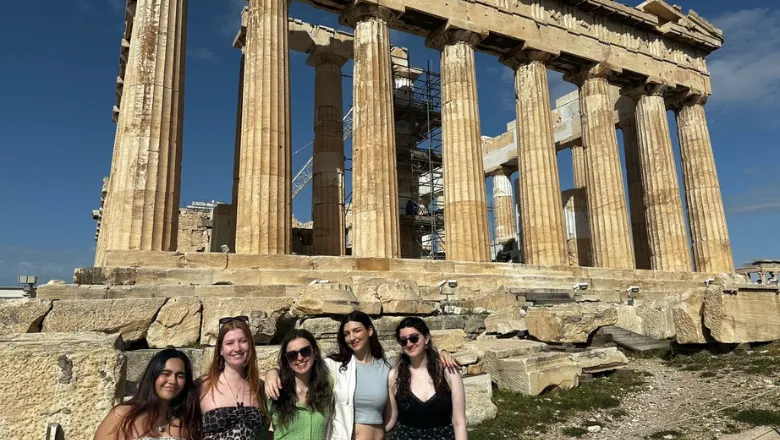
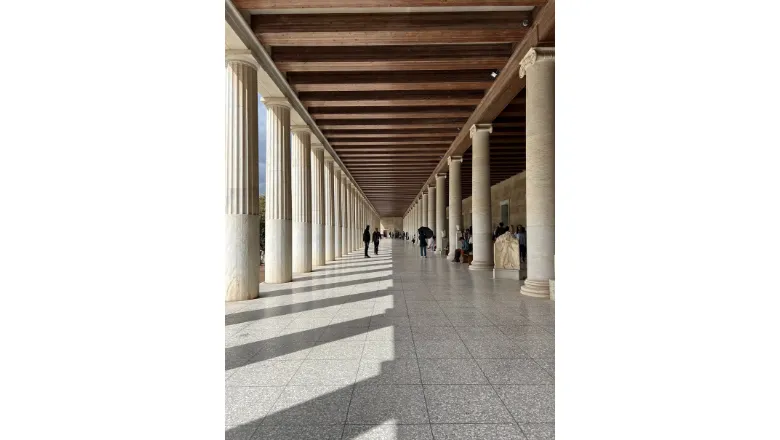
Centre for Hellenic Studies: Event Archive
Watch an interview with Professor Dimitris Papanikolaou (Oxford) on the topic of the BBC Greek Service (1939-2005), which was situated in Bush House on the Strand. A second interview, again hosted by Koraes Professor Gonda Van Steen, will feature the work of a research team that will be delving into the archives of the BBC Greek Service.
For the Centre’s latest activities, see our 2024 Newsletter.
The Battle for Bodies, Hearts and Minds in Postwar Greece: Social Worker Charles Schermerhorn in Thessaloniki, 1946-1951, a volume edited by Koraes Professor Gonda Van Steen, newly appeared as the 23rd volume in the series Routledge Publications of the Centre for Hellenic Studies, King’s College London. This book presents, for the first time, a fully annotated edition of the important but hitherto unknown post-war and Civil War memoir that was written by the American social worker Charles Schermerhorn. For five critical years, Schermerhorn was active in relief services in embattled northern Greece. The volume offers a lengthy introduction to the memoir, explanatory notes, historic photographs, and maps. Find more information on this volume here.
Statement about Mariupol and King's by Professor Charlotte Roueché, Professor Emerita, CHS: Read it here.
Meet the Centre Director: One minute with... Gonda Van Steen
Our Partners

The Greek Archaeological Committee
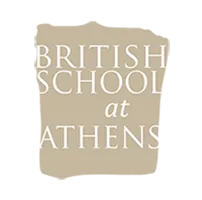
The British School at Athens
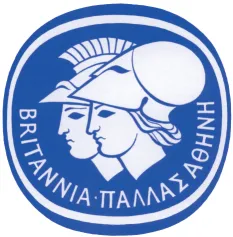
The Anglo-Hellenic League
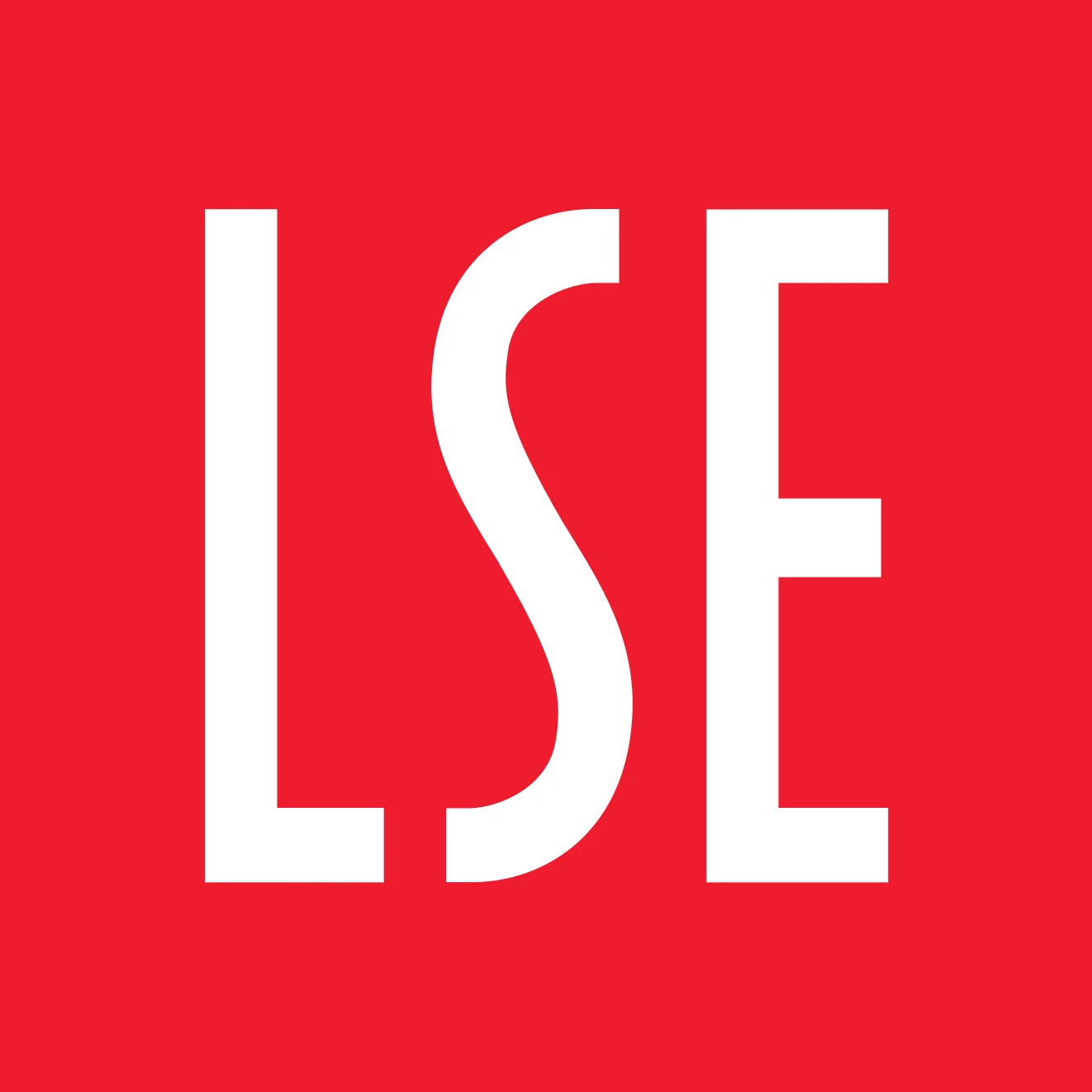
The Hellenic Observatory of the LSE
The Society for Modern Greek Studies

SOAS, University of London (Greek-Turkish Encounters Lecture Series)
The Hellenic Centre London
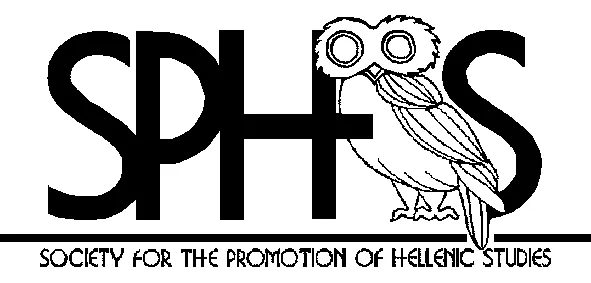
Society for the Promotion of Hellenic Studies
Contact us
To receive updates about forthcoming activities from the Centre for Hellenic Studies at King's, please join our mailing list.
For easy access to our collaborative events calendar, see here.
Twitter: @kingsCHS
Facebook: @kingsCHS
Mailing address:
Director, Centre for Hellenic Studies
Dept. of Classics, Northwing B3
Strand Campus
London
WC2R 2LS
Events
To access the Centre for Hellenic Studies Events, please scroll down and select the tab Events.
